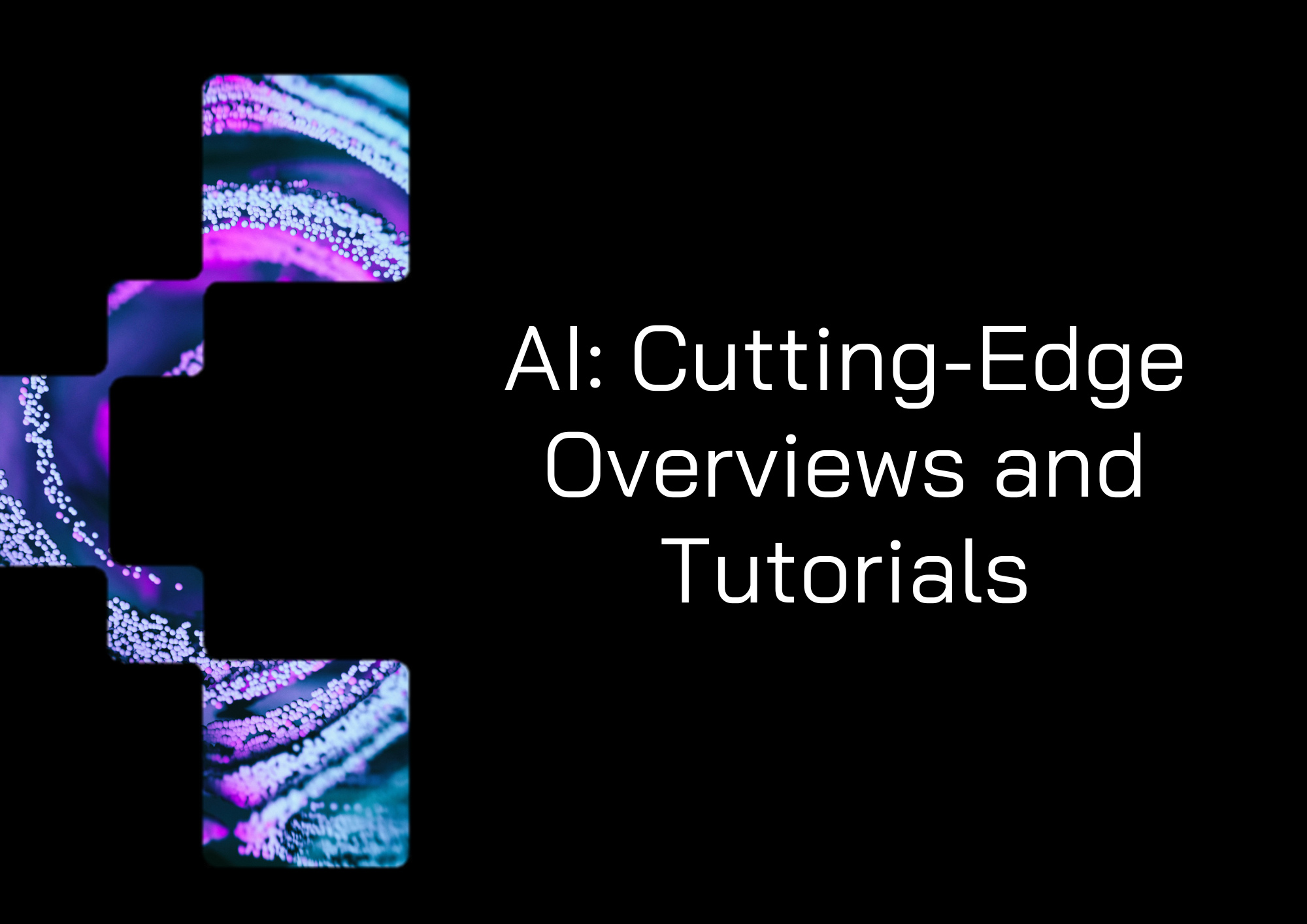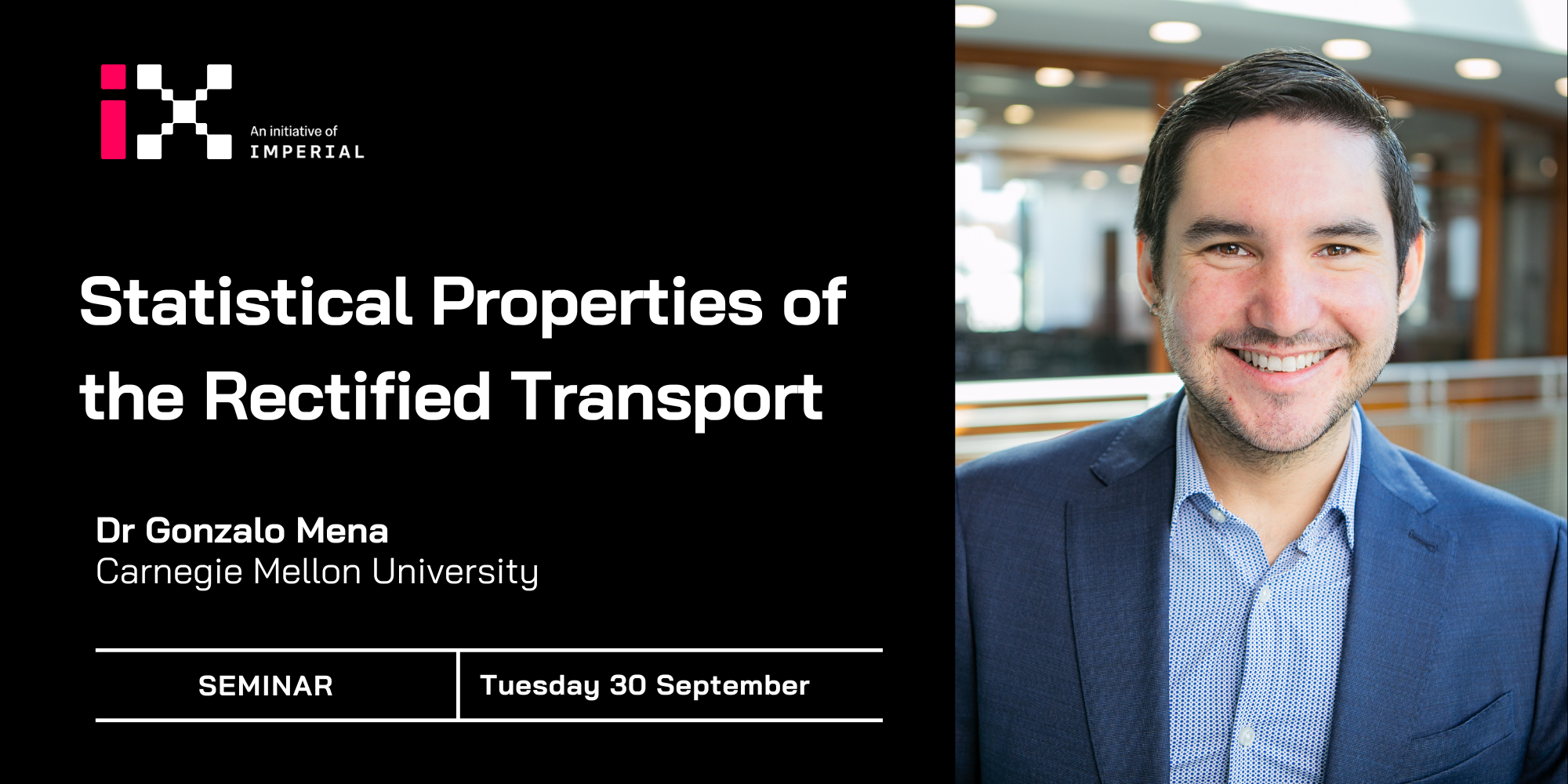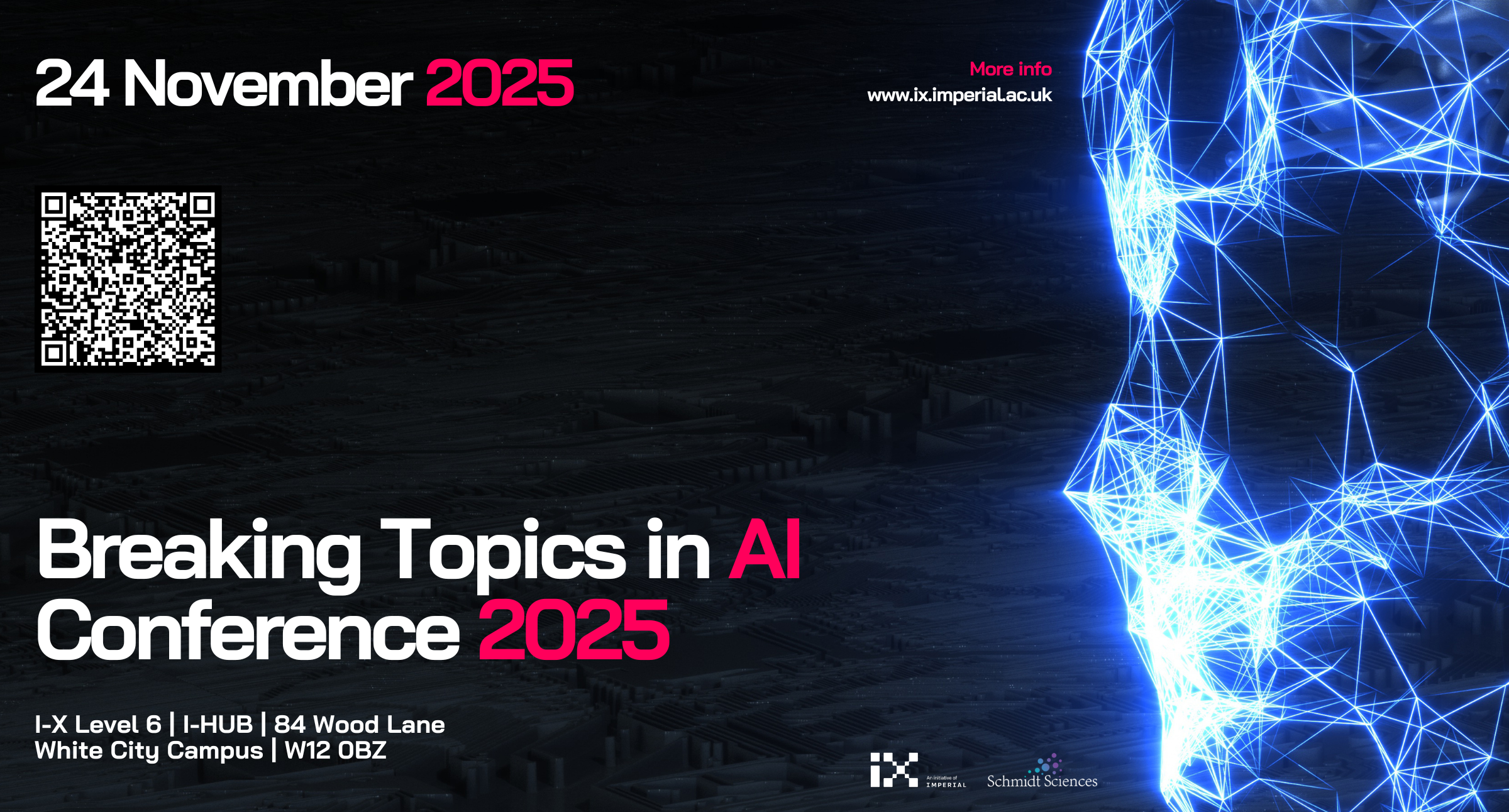Ali Shahin Shamsabadi
Ali Shahin Shamsabadi is a privacy researcher at Brave. Before joining Brave, Ali was a Research Associate at The Alan Turing Institute, and a Postdoctoral Fellow at Vector Institute. His current research interests focus on i) identifying and mitigating failure modes of AI systems; and ii) building confidential and reliable auditing frameworks. His research has been published at top-tier conferences including NeurIPS, ICLR, CVPR, CCS, USENIX Security and PETs. He recently designed and launched Nebula, a novel system for protecting users in product analytics with formal differential privacy guarantees.



